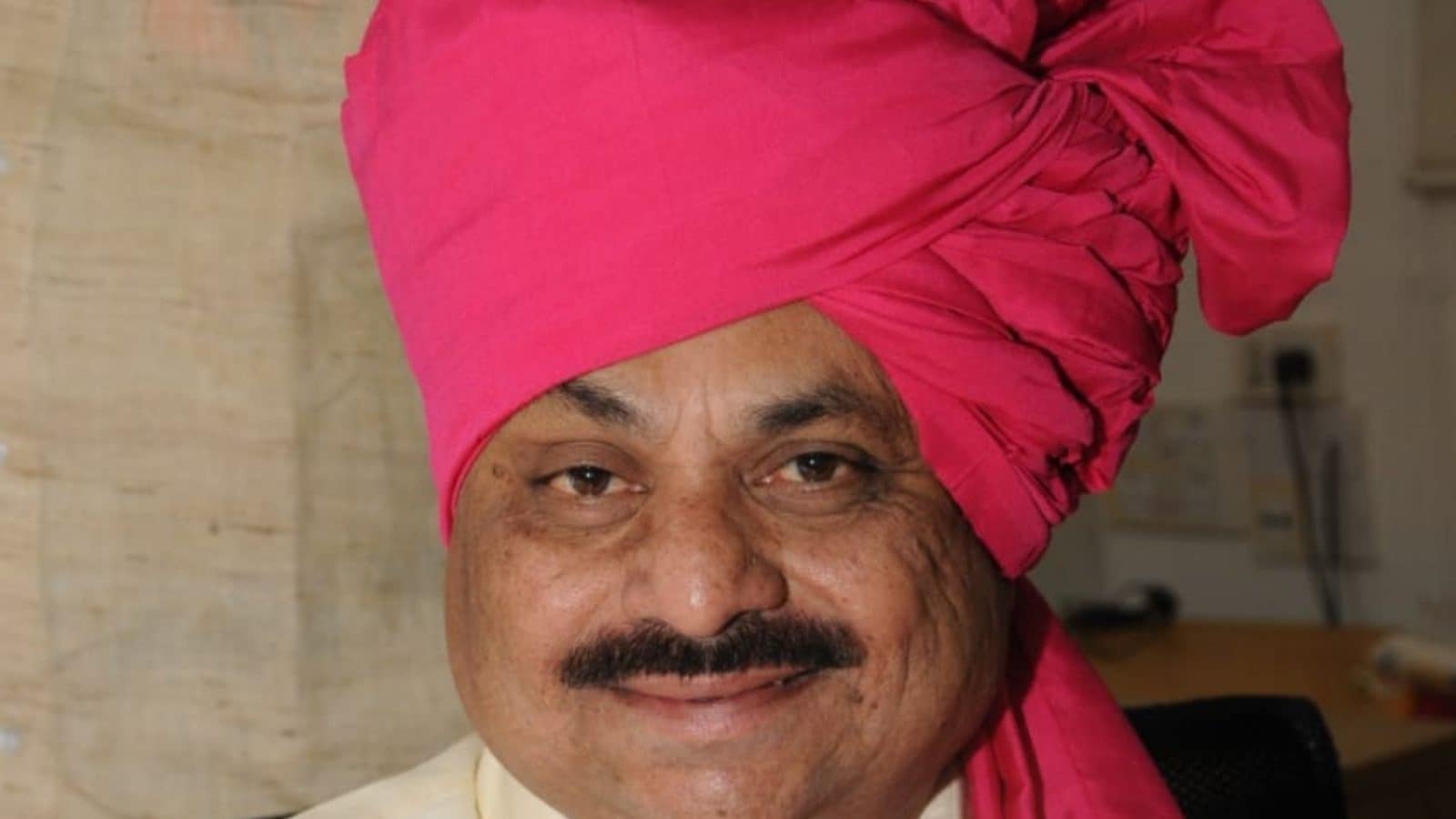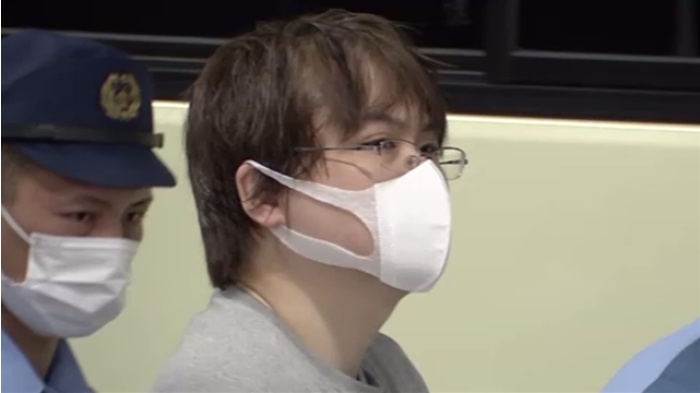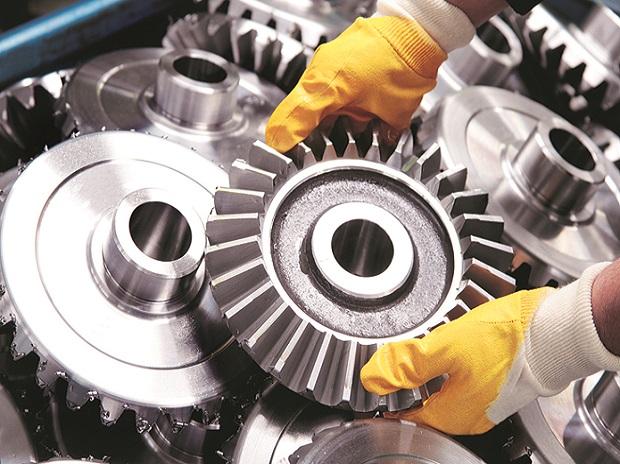PM Modi bats for repealing archaic laws at NITI Aayog meeting

The sixth meeting of the NITI Aayog Governing Council concluded today with states along with the Centre deliberating on various steps such as to reduce compliance burden on firms to boost manufacturing, initiating reforms at the state level, promoting exports through district level competition and increased public investment to complete projects under the National Infrastructure Pipeline.
Earlier in the day, Prime Minister Narendra Modi, who is the chairman of the council made a strong case for repealing archaic laws and making it easier to do business in India, stating that the Centre and states need to work closely to boost economic growth.
Delivering his address at the day-long meeting, Modi said that the private sector is coming forward with enthusiasm in the development journey of the country, and the state governments must honour this enthusiasm by ensuring opportunities for private investors.
He also called upon states to devise their schemes on the lines of the Centre’s production-linked incentive (PLI) scheme to attract private investments.
Calling upon all states to give primacy to balanced development in the country, Modi said governance models at the district levels need to be strengthened and schemes like “One District One Product” should be formulated to boost exports.
He also suggested that states can have their separate district export plans and also prepare a list of infrastructure projects that can be taken on a priority basis on the lines of the National Infrastructure Pipeline
On agriculture, the Prime Minister said that “we need to lower our import dependence on edible oils and give a boost to processed fish exports from coastal areas.”
On the three farm acts, the Prime Minister said the reforms are needed for agriculture to provide modern technology to our farmers.
The council, which also includes chief ministers of all states, discussed several steps for making India a manufacturing powerhouse, such as reducing compliance burden, initiating reforms at the state level, improving logistics, promoting exports through district-level competition and creating jobs.
For improving physical infrastructure, the chief ministers expressed the need to raise public capital investment and completing projects under the National Infrastructure Pipeline, while enhancing investments in infrastructure through private and public-private partnerships, improving last-mile connectivity, reducing energy costs and configuring an enhanced and efficient role of the states in project implementation.
The states, according to a statement issued at the end of the meeting, also mentioned efforts made to improve water accessibility, the supply of quality and reliable power, internet connectivity and bandwidth availability, quality healthcare services, sustainable agricultural practices to mitigate the risks of climate change and undertake suitable reforms to build an advanced manufacturing and innovation ecosystem.
The chief ministers also noted a marked improvement in the development of physical infrastructure, including digital connectivity, across the North-Eastern region, along with a greater thrust on the Act East Policy, to provide impetus to the economies of the northeastern States.
Modi, in the concluding address, stressed the need to build modern infrastructure.
He said the youth plays an important role in catalyzing change in the country and cited the success of the “Digital India” campaign to emphasize this point. Innovation must be encouraged, and more technology should be used to provide better opportunities for education and skill development.
The council members deliberated on strengthening institutions for skilling, reskilling, and upskilling of the workforce. The focus was also laid on improving service delivery at the grassroots level, by ensuring digital infrastructure for the rural regions.
Various chief ministers presented best practices from their respective states that can serve as templates for replication across the country.
The Prime Minister said policy frameworks and better coordination between the Centre and states are very important. He said the Centre and states must synchronize their budgets to ensure a multiplier effect.
At the end, Modi welcomed the rich discussion and constructive suggestions by the council members, assuring that they would be carefully considered while taking decisions.
He expressed confidence that with collective efforts, the aspirations of the people will be fulfilled.
Earlier, in this welcome address, Modi urged states to form committees to celebrate India’s 75th Independence Day.
The Prime Minister said the campaign to provide a “pucca” roof to every poor person is also going on now and added that, since 2014, construction of more than 24 million houses has been completed in both cities and villages put together.
He said over 350,000 rural houses have been provided with piped drinking water within 18 months of the launch of the Jal Jeevan mission and the Bharat Net Scheme for internet connectivity in villages is becoming a medium for a big change.
In a first, Ladakh also participated in the sixth edition of the Governing Council meeting, in addition to the participation of Jammu and Kashmir as a UT.
Chief Ministers of Punjab, Gujarat, West Bengal and Telangana could not attend the meeting for various reasons including health.







